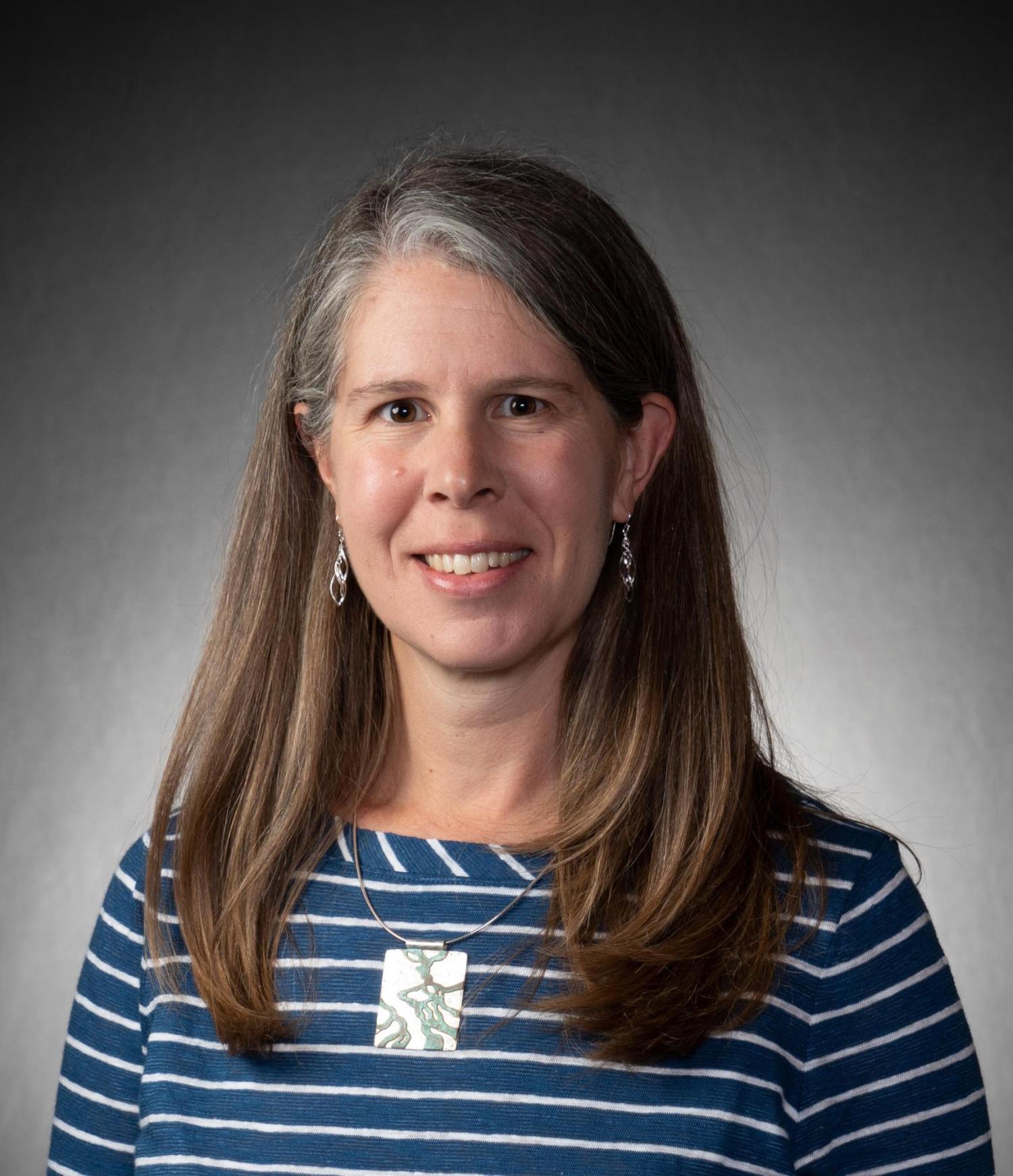Hillary Hamann
- Teaching Professor, Department of Geography and the Environment, University of Denver
Dr. Hillary Hamann is a Teaching Professor and Director of the Sustainability Minor at the University of Denver. She holds a BA from Wesleyan University and her MA and PhD from CU Boulder. As a geographer with interests in hydrology and water resources, her past research has focused on runoff flowpaths, water quality and the effects of disturbances in alpine and tropical watersheds. More recently, she has shifted focus to geoscience education with projects on water literacy. She served on the Colorado Task Force to establish a State Water Education Action Plan and is currently collaborating on developing a water literacy program in the UK. Dr. Hamann is passionate about teaching, both in the classroom and outdoors when possible (here in CO or further afield in England, Peru or New Zealand). She’s been honored for excellence in teaching and service several times, including receiving the student- nominated Crimson and Gold Outstanding Faculty Member Award in 2021. In her spare time, you’ll usually find her in her metalsmithing/lapidary studio, outside in the mountains and snow, or in her backyard garden with her chickens and bees.
Abstract
Impacts of innovative water security solutions on water literacy: A case-study from Aurora, Colorado
Water literacy, or the culmination of water-related knowledge, attitudes and behaviors, is a relatively new field of study with growing importance for water security, water equity, and sustainability. Using a holistic water literacy framework, we developed a survey to evaluate water literacy in Aurora, Colorado. Aurora is the third largest city and has the most diverse ethnic and racial population in the state. The 2002 drought sparked a wake-up for Aurora Water as reservoir capacity dropped to as low as 25%. In the past two decades, Aurora Water has worked aggressively to increase water security through development of a city-level Water Management Plan, the Prairie Waters recharge and reuse program, permanent water-use restrictions, and extensive outreach and education efforts. Aurora was also the first state municipality to prohibit non-functional turf in new developments. The water literacy survey results suggest that within the context of these innovative and progressive top-down actions, citizens in Aurora exhibit both helpful strengths and notable gaps in their knowledge of the local water system. We conclude with suggestions to enhance water literacy and community engagement within water management.


